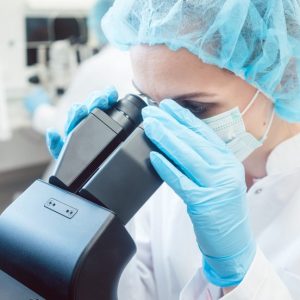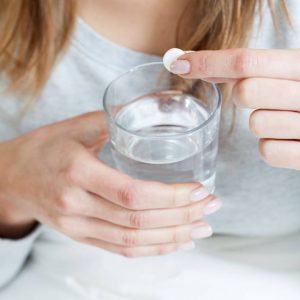Category: Fertility Treatments & NHS

A Guide to Choosing the Right Fertility Clinic
There are a number of factors to consider when choosing the right fertility clinic. Some of the main factors are the cost of treatment, location of the clinic and the...

Antihistamines Have Been linked to Fertility Problems in Men
Common allergy medications have been linked to fertility issues in men. Antihistamines are just another over the counter medication that can have a negative effect on fertility over time. An...
Concern for Future of NHS Fertility Treatment
A third of GPs have indicated that they do not believe that IVF should be funded by the NHS. A survey involving 1158 different healthcare workers has exposed the shocking...

Increasing Fertility: Does Aspirin Boost Fertility?
According to a recent US study at The National Institute of Child Health and Development in Maryland, USA low dose aspirin could improve pregnancy rates in some women due to...

Fertility Treatments are Denied by NHS to Save Money
The government’s NHS care watchdog has found that women throughout England are being denied fertility treatments and NICE recommended care because NHS trusts need to cut costs. Previous studies have...

Breast Cancer Patients Consistently Miss out on Fertility Care
A UK Charity has found that 5,000 young breast cancer patients are not being offered treatments to preserve their fertility. Survival rates for breast cancer are increasing consistently and...
